Best Heart Hospitals in Mumbai
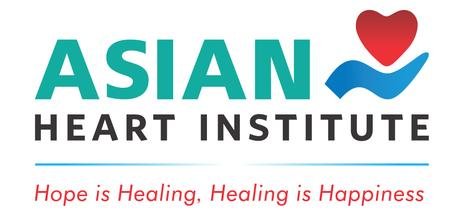
Asian Heart Institute And Research Centre
Bandra East, MumbaiMulti-Specialty Hospital
G/N Block, BKC
8209 KM's away
Specialities
7Doctors
13Beds
250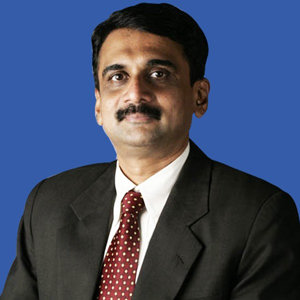
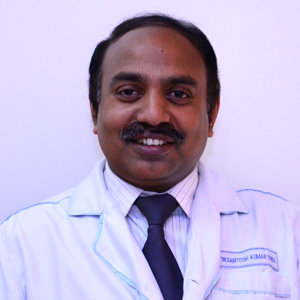


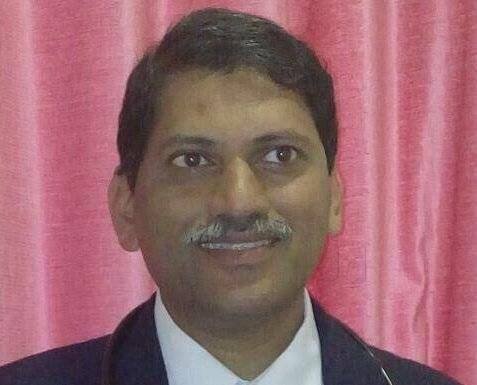
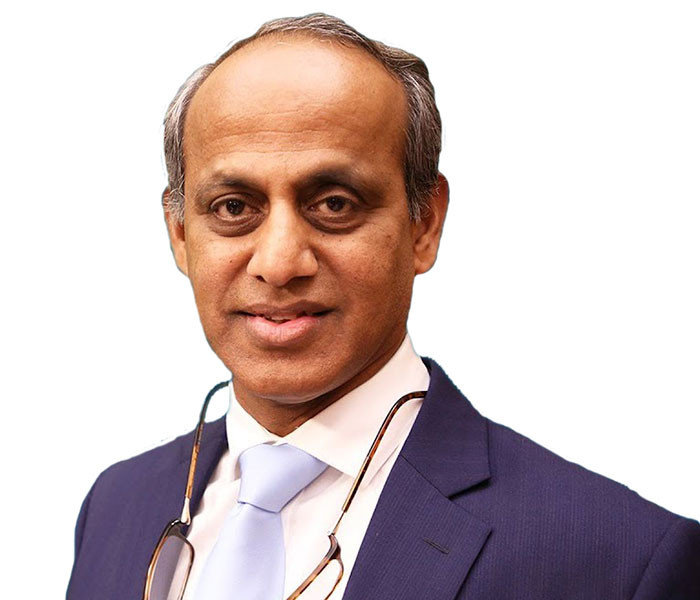


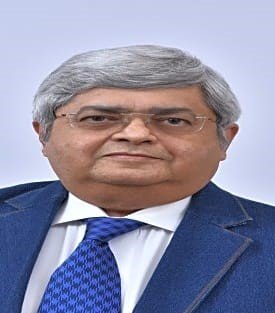

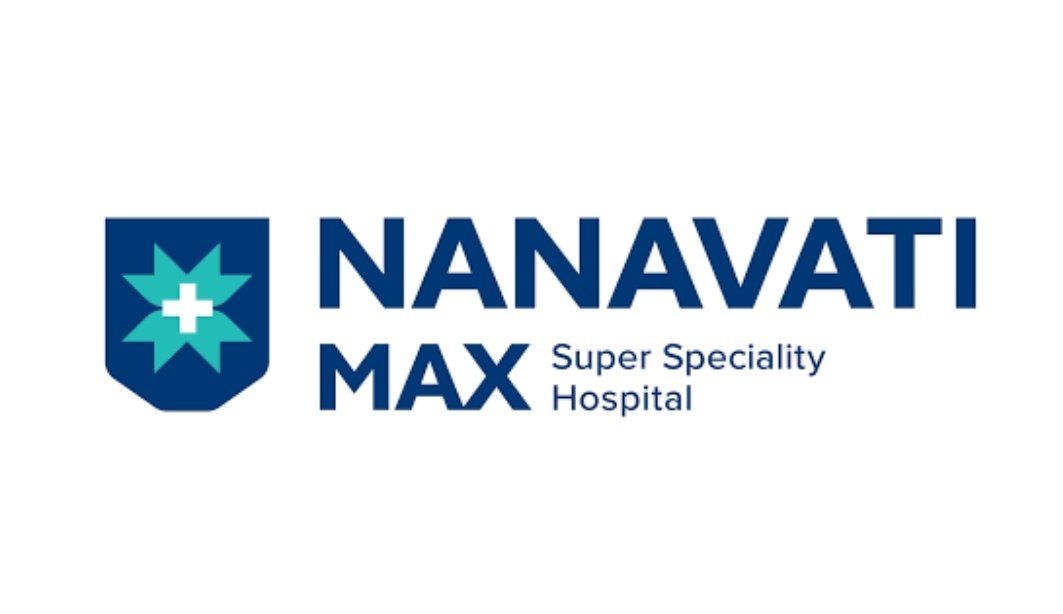
Nanavati Hospital
Vileparle West, MumbaiMulti-Specialty Hospital
S.V. Road
8207 KM's away
Specialities
45Doctors
175Beds
350
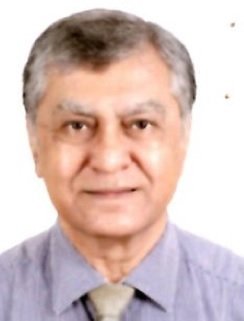
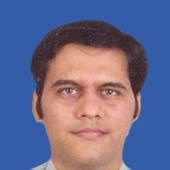
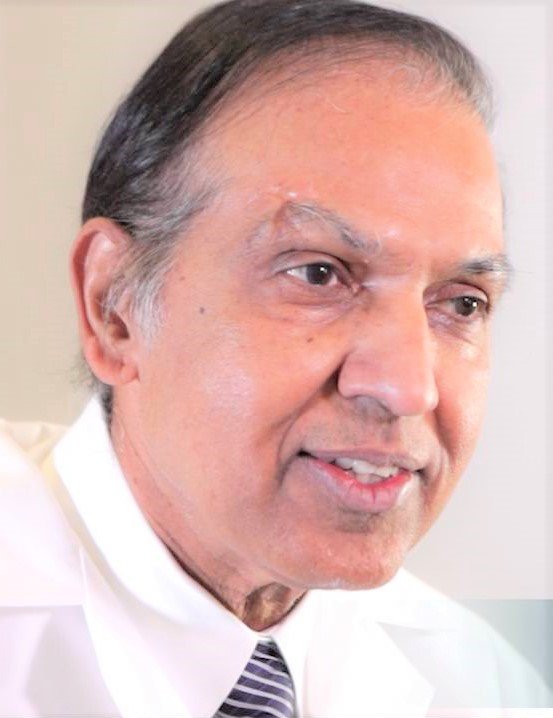
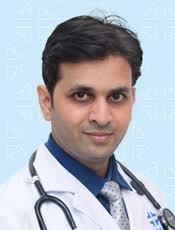
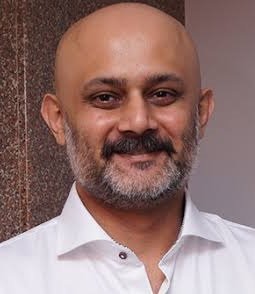
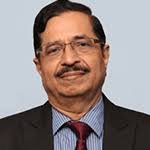

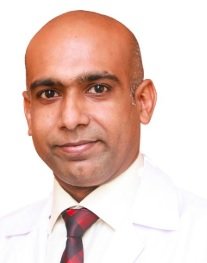
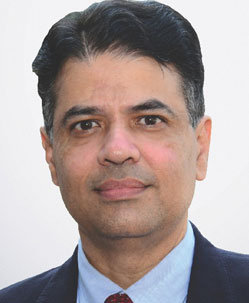

Bombay Hospital & Medical Research Centre
Marine Lines, MumbaiMulti-Specialty Hospital
Bombay Hospital, 12, Vitthaldas Thackersey Marg, near Liberty cinema, New Marine Lines, Marine Lines, Mumbai, Maharashtra 400020
8204 KM's away
Specialities
29Doctors
92Beds
900

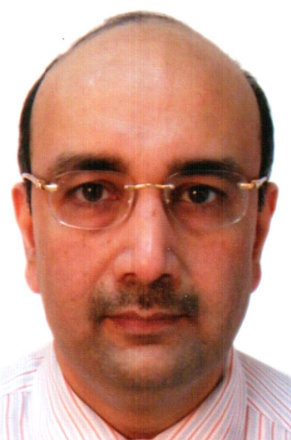


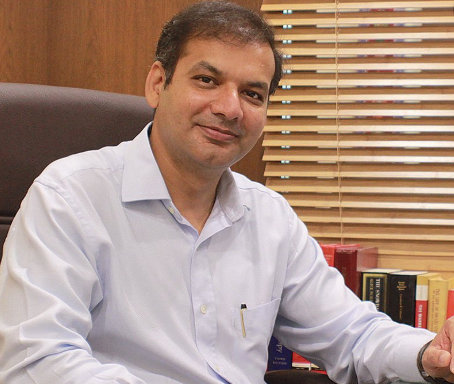

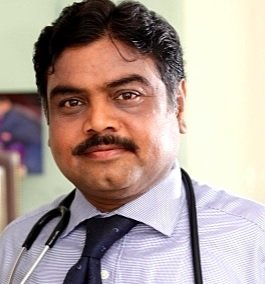
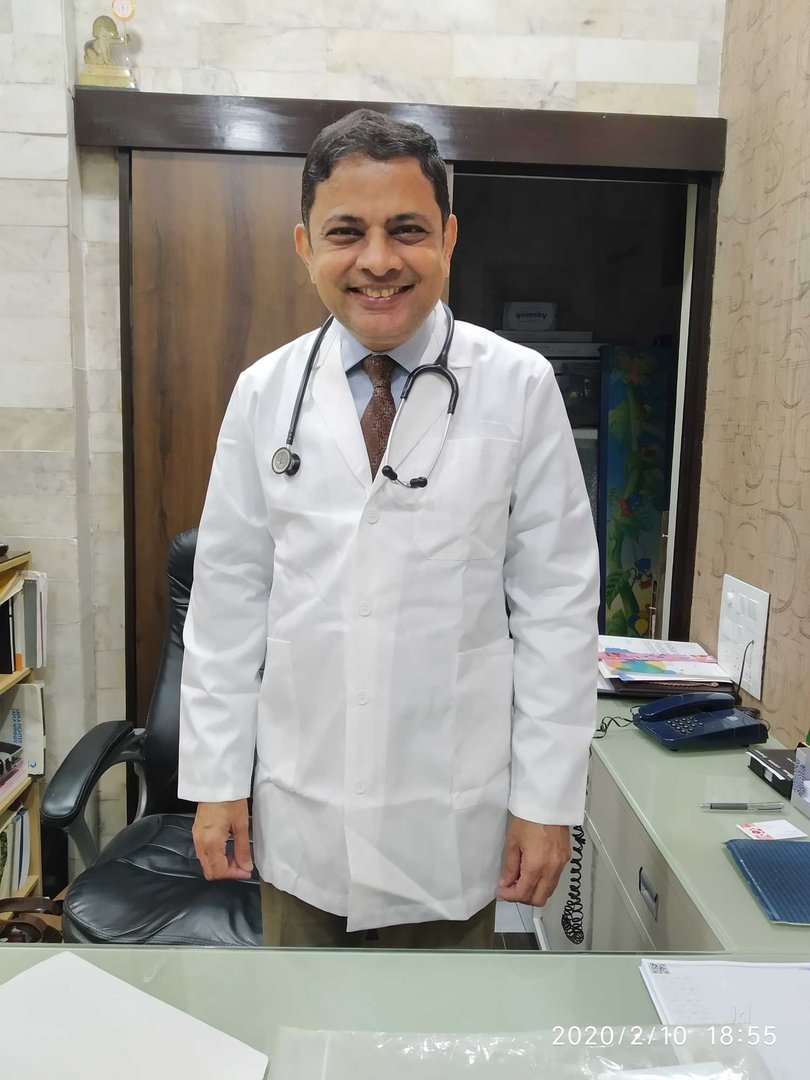

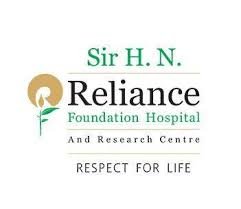
Sir H. N. Reliance Foundation Hospital & Research Centre
Girgaon, MumbaiMulti-Specialty Hospital
Raja Ram Mohan Roy Road, Prarthana Samaj
8204 KM's away
Specialities
28Doctors
57Beds
345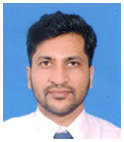

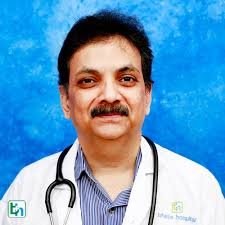
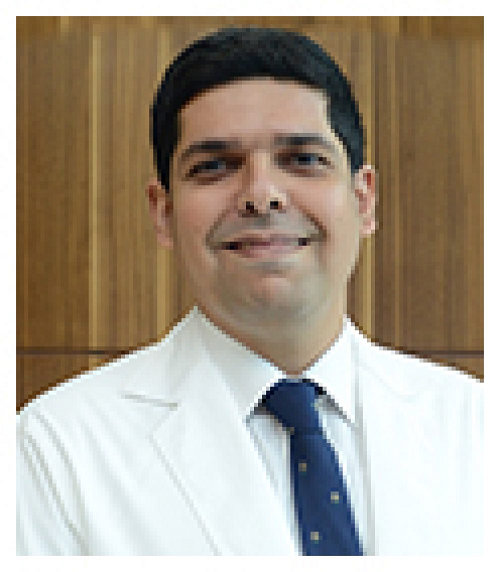
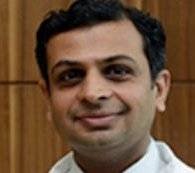


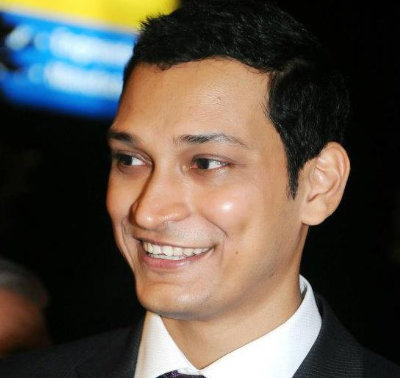

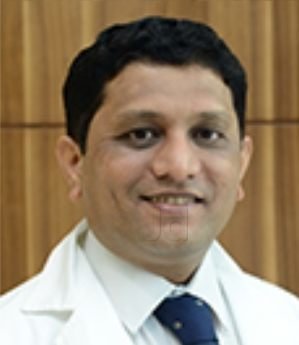

Kokilaben Dhirubhai Ambani Hospital
Andheri West, MumbaiMulti-Specialty Hospital
Rao Saheb Achutrao Patwardhan Marg, Four Bungalows, Andheri West, Mumbai, Maharashtra 400053, India
8206 KM's away
Specialities
36Doctors
66Beds
750
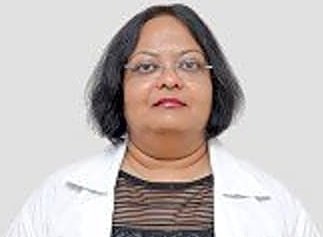



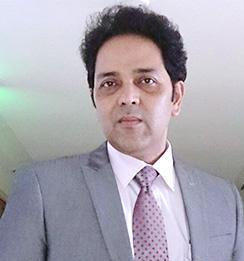

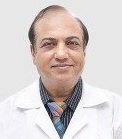
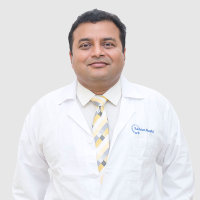


Wockhardt Hospitals
Mira Road, MumbaiMulti-Specialty Hospital
Asmita Enclave, Nayan Nagar
8212 KM's away
Specialities
20Doctors
26Beds
0




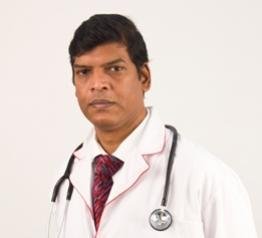

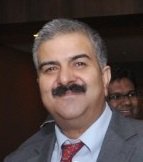

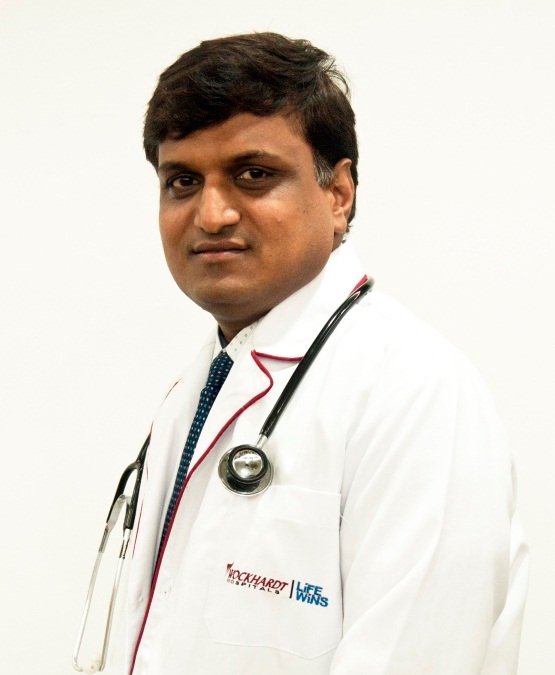



Saifee Hospital
Charni Road, MumbaiMulti-Specialty Hospital
No. 15/17, Maharshi Karve Road, Opposite Charni Road Railway Station, Mumbai, Maharashtra 400004
8204 KM's away
Specialities
31Doctors
95Beds
256


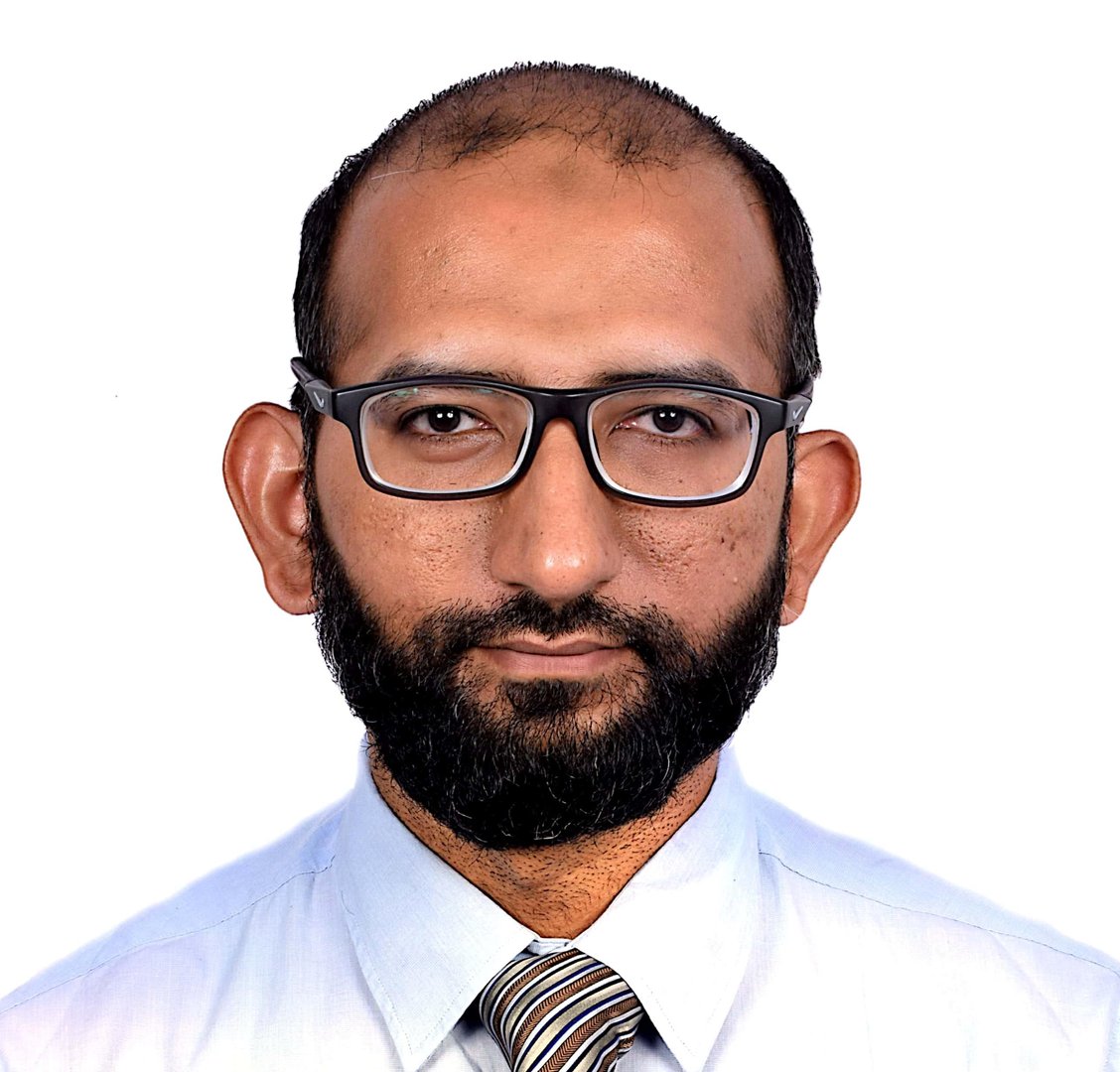

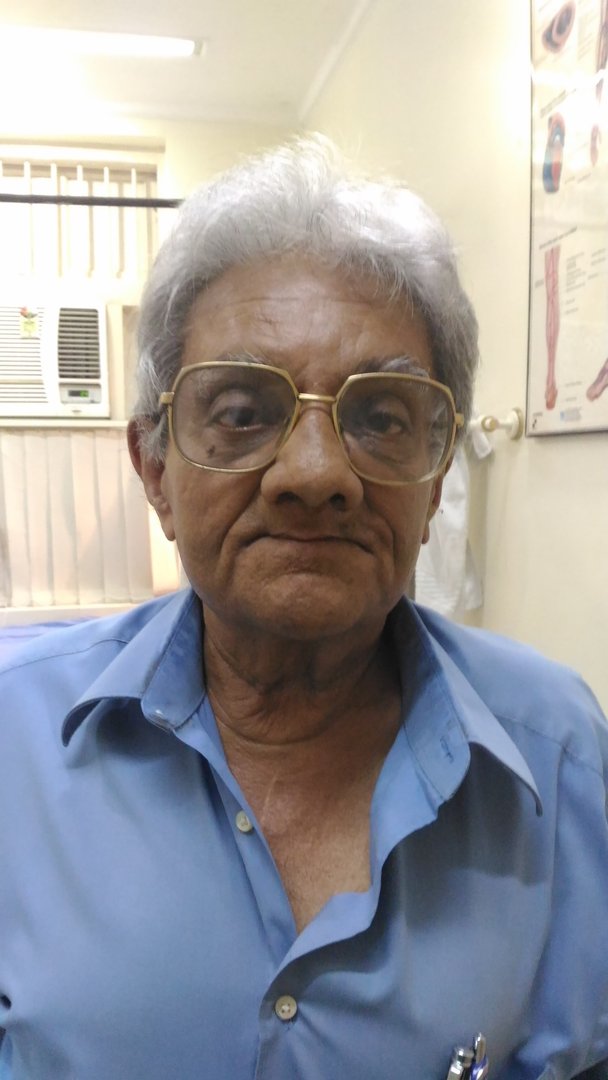

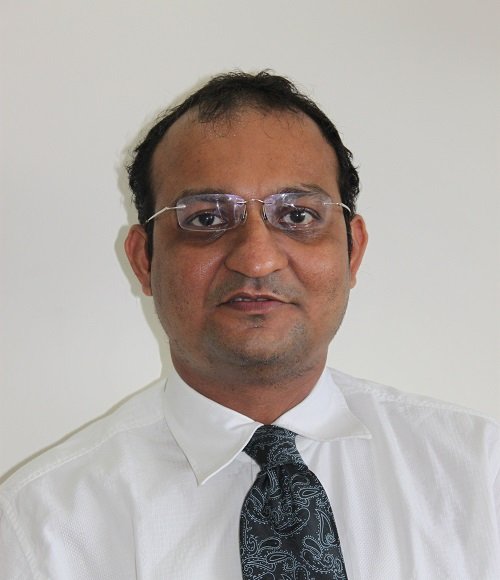


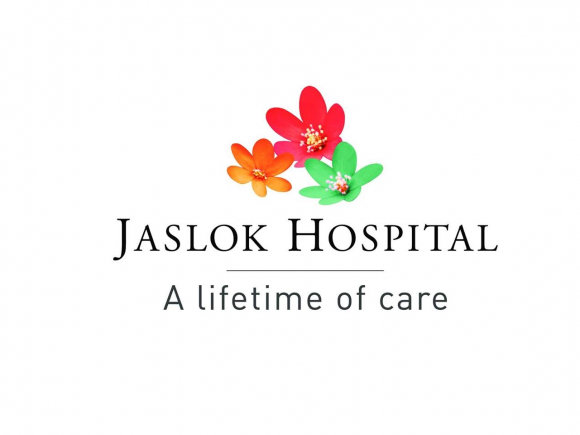
Jaslok Hospital
Peddar Road, MumbaiMulti-Specialty Hospital
15, Dr. G.Deshmukh Marg, Pedder Road
8203 KM's away
Specialities
31Doctors
138Beds
364


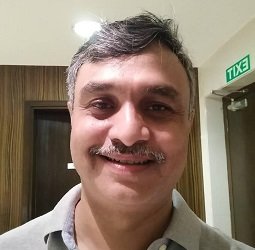


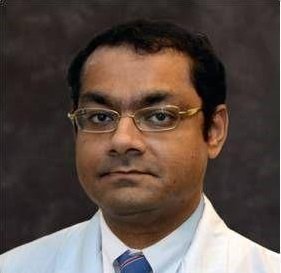
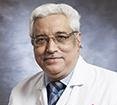
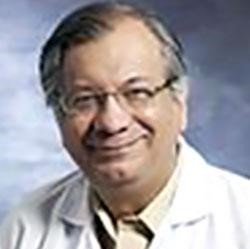


Sevenhills Hospital
Andheri East, MumbaiMulti-Specialty Hospital
Marol Maroshi Road
8212 KM's away
Specialities
14Doctors
13Beds
306



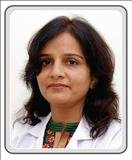
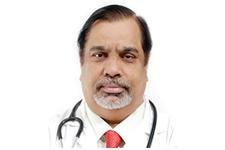



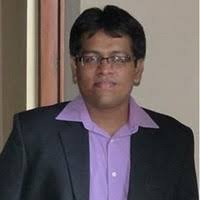
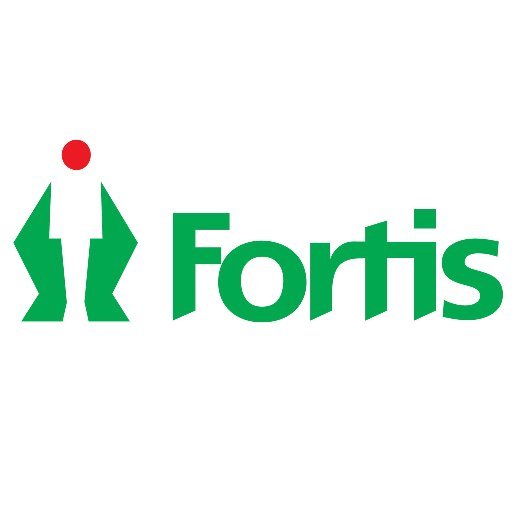
Fortis Hospital Mulund
Mulund West, MumbaiMulti-Specialty Hospital
Mulund, Goregaon Link Rd, Nahur West
8219 KM's away
Specialities
46Doctors
115Beds
261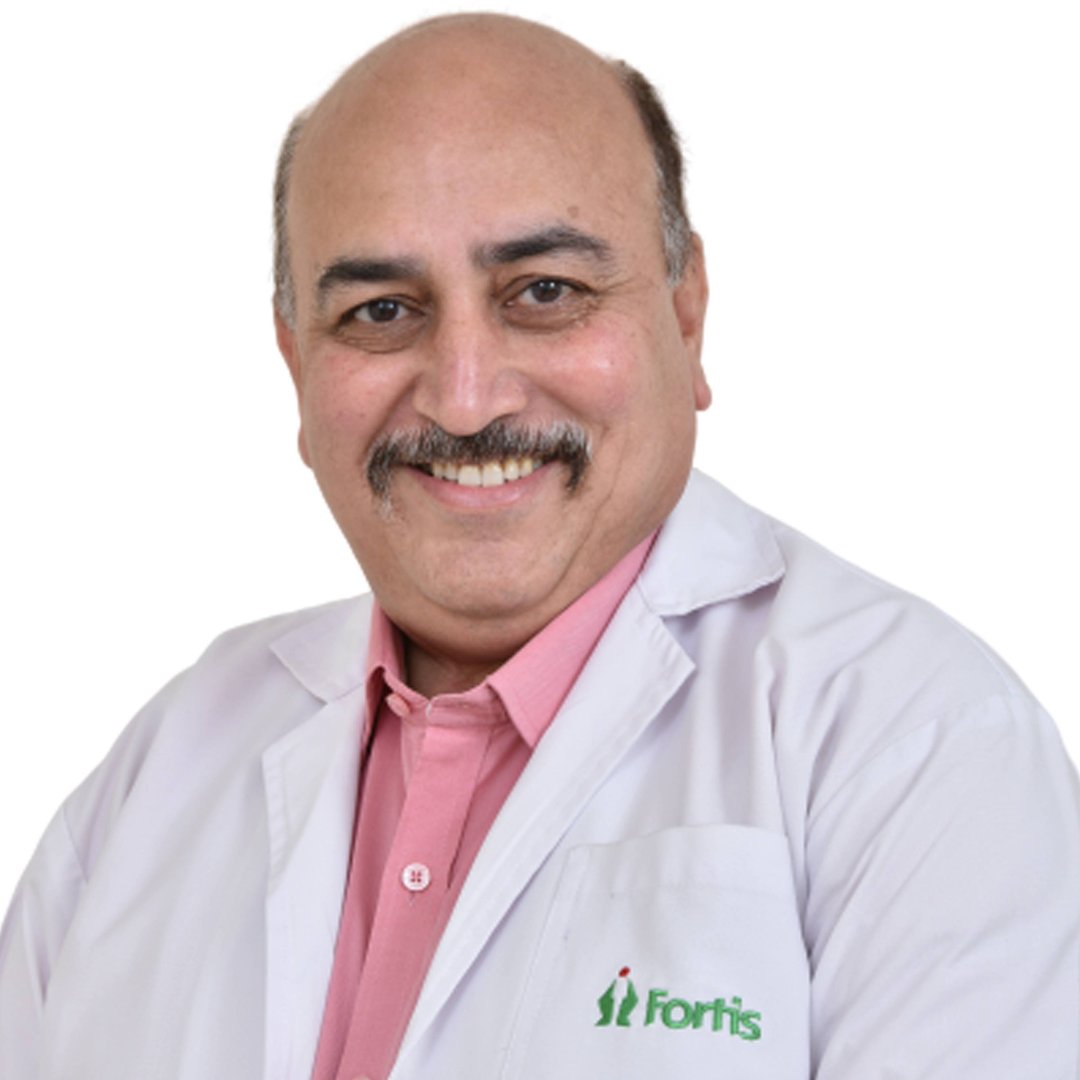
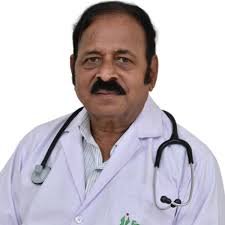

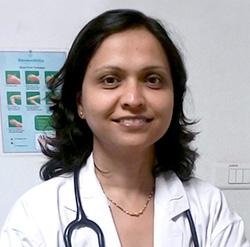
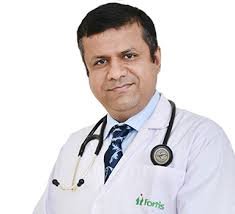




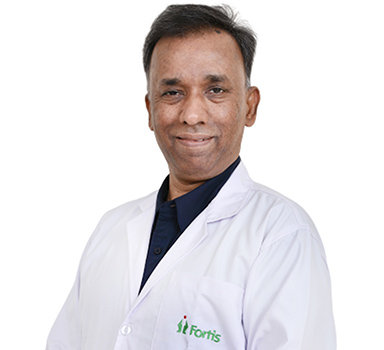
Top 10 Heart Hospitals Near Mumbai
| Hospital | Rating | Doctors | Location |
|---|---|---|---|
| Asian Heart Institute And Research Centre | ---- | 1313 | Bandra East, Mumbai |
| Nanavati Hospital | 3.5 | 175175 | Vileparle West, Mumbai |
| Bombay Hospital & Medical Research Centre | ---- | 9292 | Marine Lines, Mumbai |
| Sir H. N. Reliance Foundation Hospital & Research Centre | ---- | 5757 | Girgaon, Mumbai |
| Kokilaben Dhirubhai Ambani Hospital | ---- | 6666 | Andheri West, Mumbai |
| Wockhardt Hospitals | ---- | 2626 | Mira Road, Mumbai |
| Saifee Hospital | ---- | 9595 | Charni Road, Mumbai |
| Jaslok Hospital | ---- | 138138 | Peddar Road, Mumbai |
| Sevenhills Hospital | ---- | 1313 | Andheri East, Mumbai |
| Fortis Hospital Mulund | 5 | 115115 | Mulund West, Mumbai |
Questions & Answers on "Heart" (208)
Why does chest start to hurt day by day at night the most ?
Female | 17
Nocturnal chest pain can be due to a number of medical problems. It can be because of heart diseases such as angina and myocardial infarction, or respiratory diseases that include asthma and COPD. Visiting a cardiologist or pulmonologist can give you a precise diagnosis and treatment.
Answered on 23rd May '24
Read answer
My wife aged 60 is having slow pumping of blood in the left ventricle after taking ecg, echo and angiogram etc. The functioning of the heart is 65%. As per the cardiologist advice she is taking tablets. It may kindly be advised whether the tablets will speed up the functioning of the heart of otherwise any other treatment I have to undergo. Your advice is earnestly solicited. Suggest the treatment and hospitals.
Answered on 23rd May '24
Read answer
My husband have been suffering from chest pain and he was diagnosed with high cholesterol level i.e 287
Male | 33
Chest pain could signify high cholesterol, meaning excessive fat in the blood. This situation carries risk, as it can obstruct heart-bound blood vessels. To resolve this, your husband can adopt a wholesome diet, engage in physical activity, and consume prescribed medication if necessary. You can also consult a cardiologist.
Answered on 23rd May '24
Read answer
How long can you go without blood pressure medication
Male | 48
Answered on 23rd May '24
Read answer
my clestrol level is 218 and it is on borderline, should i take medicine, if i should take medicine, suggest me medicine
Male | 46
you should seek the opinion of a cardiologist on any such issues concerning your cholesterol levels. If you have an overall good health and medical history, the doctor might prescribe medication for your levels to decrease.
Answered on 23rd May '24
Read answer
I have pain in my chest but x-ray and blood test, and mucus test are okay. What can happen to me?
Male | 21
Experiencing chest pain despite normal X-rays, blood tests, and mucus tests can have several possible explanations. It might be related to musculoskeletal issues, anxiety, acid reflux, or other respiratory conditions not easily detected by these initial tests. If the pain is related to heart issues, a cardiologist may be recommended for a more specialized evaluation.
Answered on 23rd May '24
Read answer
Sir chest pain ho raha hain one month se aur doctor isse muscle pain bol raha hai kabhi kabhi rehta hain theek ho jaat hain
Male | 16
Chronic chest pain could be a symptom of some serious underlying disease. The most prevalent cause of chest pain is muscle aches, but different cardiac and pulmonary conditions have to be eliminated. I recommend that you see a cardiologist or pulmonary doctor.
Answered on 23rd May '24
Read answer
Severe chest pain on both sides along with toothache
Male | 25
Chest pain combined with toothache is a symptom of several medical disorders. One should also see cardiologist and dentist for eliminating any potential problems in heart conditions or dental issues. Do not neglect these as you should see a doctor on the spot to get proper diagnosis and treatment.
Answered on 23rd May '24
Read answer
Urgent Medical Inquiry Dear Dr., I hope this message finds you well. My friend, experienced a heart attack and underwent a procedure with two stents. However, post-discharge, he faced complications, including coughing and a subsequent diagnosis of a blood clot. I seek your expert guidance on his condition and potential next steps. Your prompt assistance is highly appreciated. Best regards, Elyas
Male | 62
Your friend's coughing after heart surgery could signal fluid around the lungs. This is sometimes seen as the body responds to the procedure. Immobility post-op may have led to a blood clot forming. It's important to get medical care promptly. Contact your friend's cardiologist right away for an evaluation and proper treatment.
Answered on 28th Aug '24
Read answer
Can we take electrolyte solution for low bp.?and what is the correct amount of electrolyte to be taken?
Female | 23
Yes, you can take electrolyte drinks in case of low blood pressure. Ask about it when you see a cardiologist. He or she will tell you how many electrolytes you should be taking for your condition.
Answered on 23rd May '24
Read answer
I have a constant chest pain , sometimes shortness of breath & low heartrate
Female | 20
Shortness of breath and low heart rate could indicative serious medical condition. It's important to seek immediate medical attention from a cardiologist for a proper evaluation and diagnosis. These symptoms may be associated with heart related issues, such as angina, heart attack, or arrhythmias. However, they can also be caused by other conditions, including respiratory problems or anxiety.
Answered on 23rd May '24
Read answer
I'm suffering from heart palpitations
Female | 57
Heart palpitations can have various causes, and a cardiologist or a primary care doctor can evaluate your symptoms and provide appropriate advice.
Answered on 23rd May '24
Read answer
I had pain under my chest I am not sure if it's chest pain or not I am really scared please help me
Male | 14
Chest pain can have various causes.. ranging from minor issues to more serious conditions. It could be related to problems with the muscles, bones, or joints in your chest, or it could be a symptom of a heart or lung related issue. Consult a cardiologist for a proper examination and treatment.
Answered on 23rd May '24
Read answer
Sir meri age 24 sal hai me pichle 4 mahine se high blood pressure se pareshan hu . Medicine le rha hu fir v mujhe chakkar aate rehte hai weight bhi normal hai me kya karu
Hello, Sometimes it takes time to adjust to a particular treatment. Don't worry. You can always take a second opinion from a cardiologist. He will get a detail investigations and thorough evaluation done. Since you too young to have blood pressure. Lifestyle modification is essential. Low sodium diet, regular exercise, strict weight control, regular sleep on time, decrease gadget exposure, no smoking and no alcohol, stress management is very important to remain fit in long run. Consult a cardiologist for further guidance, this page can help you out - Cardiologist in India. Hope our answer helps you.
Answered on 23rd May '24
Read answer
Which is the best hospital for Infective Endocarditis in Jabalpur?
As per my understanding the patient is suffering from double vessel disease with the blockage of 90% and 67% .The line of treatment , medical or surgical that is angioplasty or CABG will only be decided by the cardiologist once he evaluates the patient completely .The treatment depends a lot on patient's general condition, associated comorbidities. Post treatment rehabilitation has to be kept in mind, healthy lifestyle, right eating, de-stressing will be of help along with regular follow up with doctor. Consult a cardiologist - Best Cardiologist in India. Hope you get the much needed support.
Answered on 23rd May '24
Read answer
I am feeling pulse in my head after exercise.
Male | 24
It could mean a high heart rate or blood pressure. You should go to a doctorn for a check-up and perhaps a referral to a cardiologist if it is necessary.
Answered on 23rd May '24
Read answer
Hello, I have been having pain in my right shoulder and in my chest around my heart area, but when I take my prescribed medication for my heart. It doesn't alleviate the pain. I had a massive heart attack back in 2011 and I currently have a defibrillator, so now I take Aspirin, Lisenapril and a couple of other meds, but I notice that I still have pain on my left side which makes it kinda hard to breathe. I work as a dishwasher and I don't do a lot of heavy lifting, so I don't know what it could be. I can barely lift my arm because of it. Please help!
Male | 60
With your past heart attack and defibrillator, it's crucial to inform your cardiolgist promptly about these new symptoms. They'll help identify the cause and suggest suitable treatment.
Answered on 23rd May '24
Read answer
I m 35year old wonen..i m house wife...i m breastfeeding mother of 1year baby..from last week i m having heart palpitation..cnt eat properly ..tiredness...
Female | 35
If you're experiencing heart palpitations while breastfeeding, you must see a doctor. Keep track of your symptoms, stay hydrated, eat a healthy diet, get adequate sleep, and practice stress-reduction techniques. Don't hesitate to seek medical attention if you have concerns about your symptoms.
Answered on 23rd May '24
Read answer
Felicity I have had tightness on the right side of my chest and it's getting worse by the day and I'm currently on blood pressure medication should I go to the hospital
Female | 32
Sudden or worsening tightness in the chest should be taken seriously, especially if you are already on blood pressure medication. It can be heart related issues that may require immediate medical attention so see a cardiologist for a thorough evaluation.
Answered on 23rd May '24
Read answer
I am 16 year old boy and I face a problem that when I stands my eyes become blury and I feels that blood flows from my head to down
Male | 16
It sounds like you might be experiencing orthostatic hypotension, which is a drop in blood pressure when you stand up. This can cause blurry vision and a feeling of blood rushing from your head. It's important to consult a cardiologist or a general physician to get a proper diagnosis and treatment.
Answered on 3rd Aug '24
Read answer
Get Free Assistance!
Fill out this form and our health expert will get back to you.